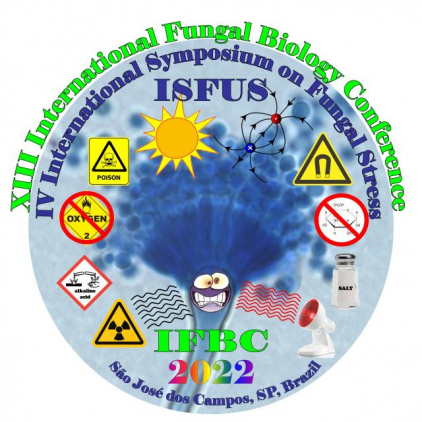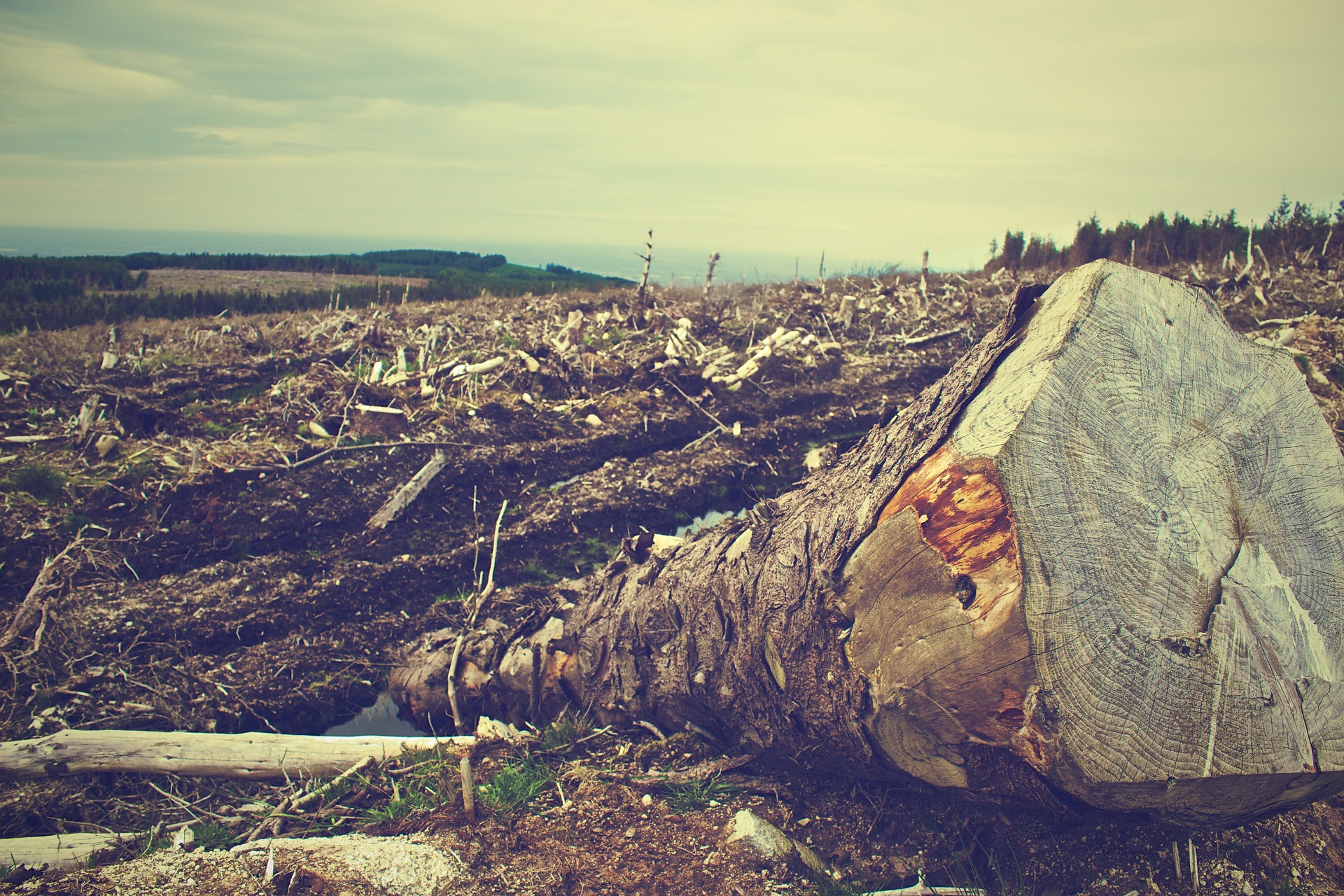Fungi are essential for life on our planet and play central roles in processes like industry, agriculture and medicine. Yet few people are aware of the importance and impact that these organisms have for human life and the environment. Fungi are our food and fermentate the bread we eat, and the wine and beer we drink. Fungi are producers of medical drugs, industrial enzymes and recombinant proteins, and among the leading producers of bioethanol and biodiesel. Fungi are bioremediators and bug killers and balance ecosystems as major recyclers of organic matter.
Fungi can cause major diseases in humans, animals and plants. Fungi can do all of this, in part because of their high resilience, being capable of inhabiting hostile environments such as the interior of a mammalian organism, and to deal with many types of stress, including oxidative stress, high temperature, UV radiation, dryness, nutrient deprivation, osmotic stress and the presence of toxic compounds.
Such ability to respond to, survive in, and transform the environment, lead us to try to understand the biochemical and molecular mechanisms by which fungi are so plastic in their ability to adapt to stress. For beneficial fungi, resistance to stress is what we seek. For damaging fungi, is the resistance to the stresses that must be overcome. Therefore, knowing the mechanisms of stress adaptation in fungi can broad the possibilities of intervention to modulate their ability to adapt to specific environments in the interest of society.
There will be talks of confirmed scientists from several countries who work in all these topics at the frontier of the research in fungi, ranging from ecology and environment, health, sustainability, agriculture, industry, technology, molecular and cellular biology, biochemistry and industrial processes, among others. This event will be a unique opportunity to discuss with the most renowned scientists in these fields.























